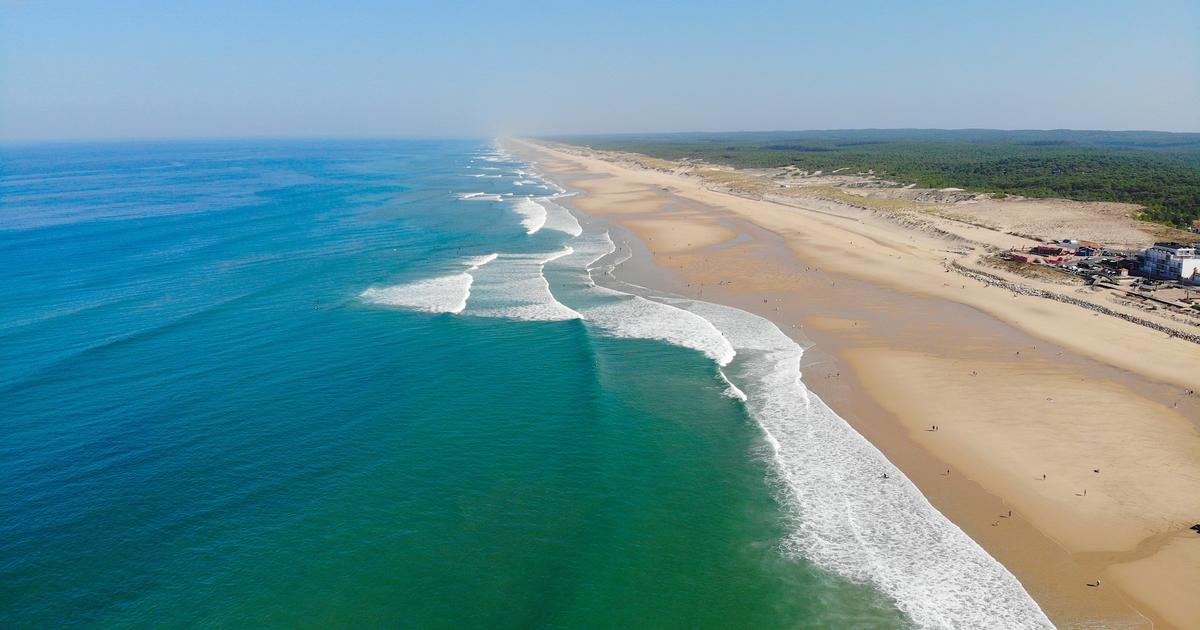Adequate supervision of children by adults on beaches, swimming pools or any aquatic environment is the best lifesaver;
because the lack of proper supervision is the main reason why each year minors die by drowning.
“For this reason, full attention from parents is essential when a child is in the water, without any type of distraction, as is the case with mobile phones.
85% of drownings are concentrated in the summer months: 90 seconds are enough for a child to drown and with little water, even in a bathtub, as when it comes to a baby, who can slip and fall”, warns Roberto Barcala, professor of lifeguarding at the Faculty of Education and Sports Sciences at the University of Vigo.
According to the Royal Spanish Federation of Rescue and First Aid, between January 1 and June 30, 2022, 140 people have drowned in Spanish aquatic spaces, of which 19 are under 18 years of age.
“Children under the age of four drown above all in private pools, most of the time due to the lack of adult supervision.
As for teenagers, they often drown on beaches.
They believe that if they swim well in the pool, it is the same in the sea, and they tend to overestimate their swimming abilities or underestimate the risks, such as the maritime currents that drag bathers, which is the reason why 70% of the drowning on the beaches”, explains the also coordinator of the working group of the Spanish Society of Emergency and Emergency Medicine.
More information
The cut of digestion in children is myth or reality: the million dollar question of each summer
To minimize the risk of accidents in swimming pools, it is advisable that "they be fenced, so that they cannot be accessed when the lifeguard is not there".
“As for the use of a cloth or plastic cover, it has its danger, because it gives way if someone falls and can be trapped in the water.
On the other hand, the depth of the pool must be clearly marked, diving headfirst prohibited and flotation materials on hand, which serve as rescue if necessary”, argues Barcala, who adds several recommendations to achieve the safety of children in the aquatic environment:
Choose places guarded by lifeguards.
Do not overestimate the swimming ability of children or that of their parents, who are not rescuers.
There is a risk of drowning two people, not one, if you act as a lifeguard without having the proper knowledge.
Put age-specific life jackets on children on the beach.
Floats and similar devices are not safe to perform this function.
Take into account other dangers in beach areas, such as the impact against boats.
For this reason, it is advisable to be in places delimited only for bathers.
The wind is another risk factor at sea, since if the child is in an inflatable boat, such as a mattress, it can be dragged out to sea, capsize or suffer from hypothermia (excessively low body temperature).
Do not jump from piers or cliffs to avoid spinal cord injuries.
Keep in mind that most children drown between four and seven in the afternoon, which coincides with the time for rest and relaxation after eating, which influences the lack of adult supervision.
Surveillance of infants should be carried out close to them, at most an arm's length.
Always respect the signaling flags of the beaches.
If you have to rescue the child from the water due to drowning, check if he is breathing.
If this is not the case, call the 112 emergency number and begin cardiopulmonary resuscitation (CPR) as soon as possible, on which the emergency service can advise by telephone.
Every minute that resuscitation is delayed reduces the chances of survival by between 10% and 12%.
Children's health in the water
Children's water activities in swimming pools or beaches can lead to health problems that should be prevented, such as those listed by Rosa Pavo and Soledad Montoro, Primary Care pediatricians in the Community of Madrid and directors of the
podcast
Honey and Lemon.
Pediatricians to the micro
.
Between them:
External or swimmer's otitis: consists of infection of the skin of the external auditory canal, which occurs more easily when there is moisture.
To prevent it, it is recommended not to keep the ear wet for a long time, drying it well after leaving the water, using earplugs or a cap and avoiding submerging in water that is not clean.
The use of swabs or sprays is not recommended, because they can further irritate the area and favor the formation of wax plugs.
Swimming pool pulpitis: this is a dermatitis caused by irritation that occurs on the skin due to rubbing against curbs, which are usually made of rough and rough materials.
It does not require any treatment and usually improves when children spend less time in the water.
Hydrocution or the misnamed
digestion cut:
it
occurs with a drastic change in body temperature, such as the one that occurs when you are in the sun and suddenly go to bathe in cold water.
The body can respond by suddenly reducing the heart rate, with the risk of loss of consciousness that can cause drowning.
For this reason, it is advisable to make a gradual change in temperature, cooling the skin before entering the water slowly and leaving immediately if the child feels discomfort.
You can follow Mamas & Papas on
,
or sign up here to receive
our fortnightly newsletter
.








